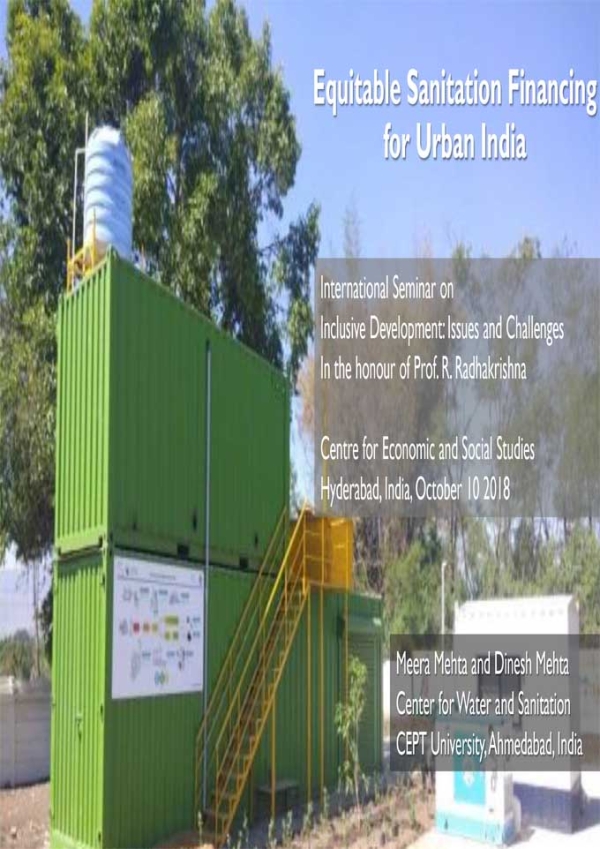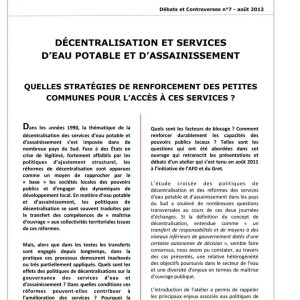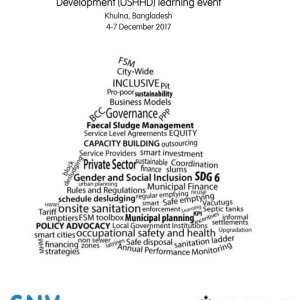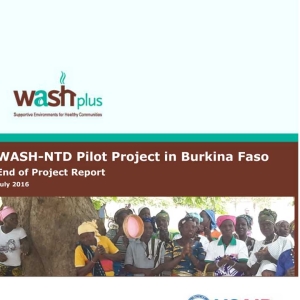Equitable Sanitation Financing for Urban India
Download Equitable Sanitation Financing for Urban India
In the case of India, the problem is hence not necessarily the volume of financial resource allocated but rather the problem of delivery mechanisms, monitoring and accountability. While in the case of Nepal the problem lies both around resource sufficiency and reaching the unreached. Furthermore, both countries (India and Nepal) are narrowly focused on the First Generation of Sanitation, i.e. eliminating Open Defecation (OD). The time has come to think beyond OD. This is true for all SAARC Countries. The overall objective of this paper is to vision sanitation financing from the perspectives of the SDGs and the SDG Framework—i.e. reaching universal access to water, sanitation and hygiene (WASH) by 2030.The specific objectives are: to analyse regional/within country disparities on WASH financing; to explore sustainable financing strategies in order to meet universal access of sanitation by 2030. The paper summarises the key issues related to financing sanitation, and to propose sustainable financial strategies for achieving a long-term shift in sanitation coverage. It also suggests governance measures required for ensuring coordinated financial flows, appropriate use of limited public resources and well-targeted resources to achieve equity.
Related products
PARTNER

Contact-us
Abidjan – Ivory Coast Cocody Riviera Palmeraie
Tél. : (+225) 27 22 49 96 11 / 27 22 49 96 13 – Email : contact@afwasa.org







